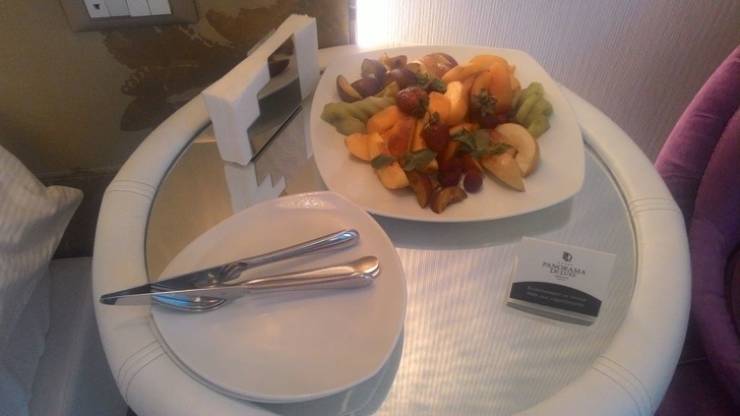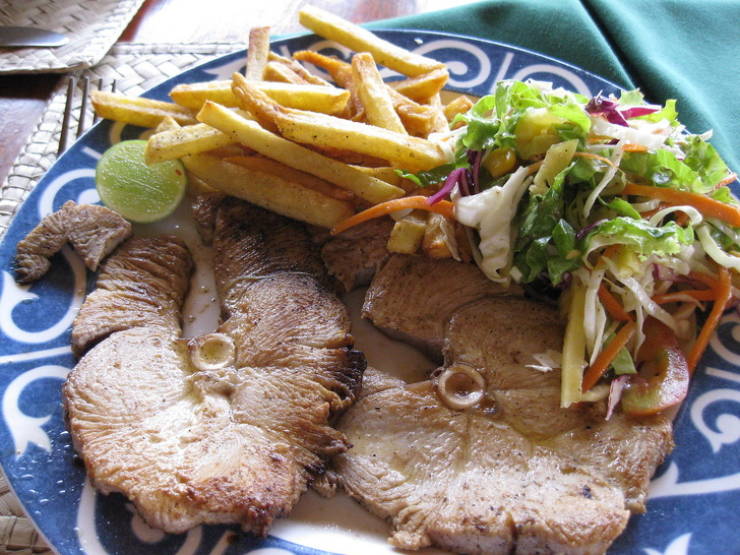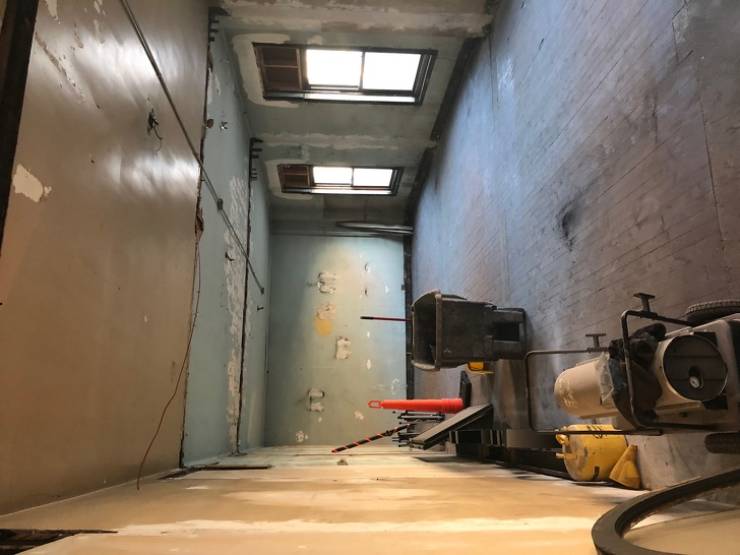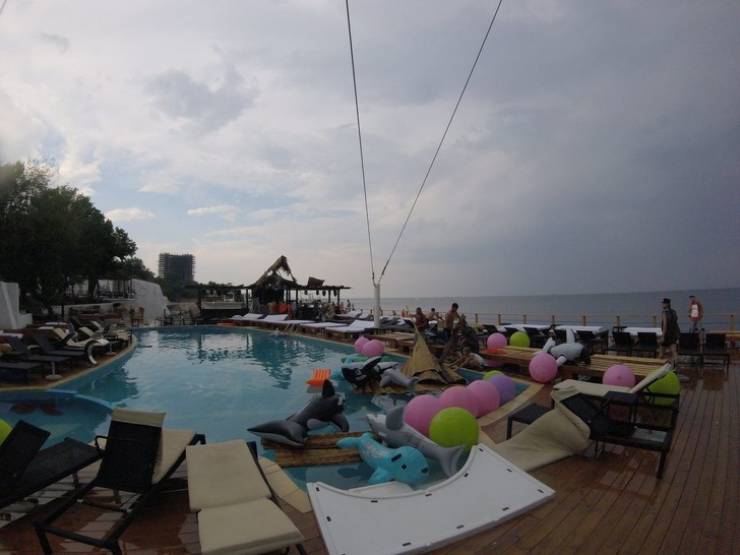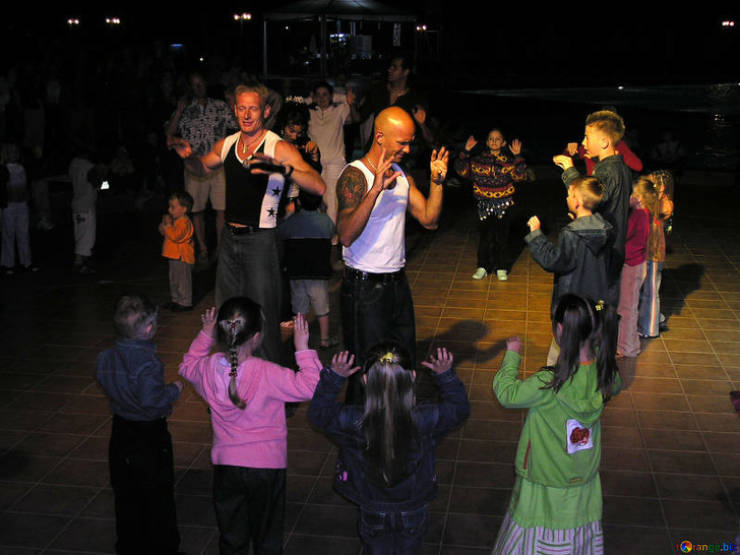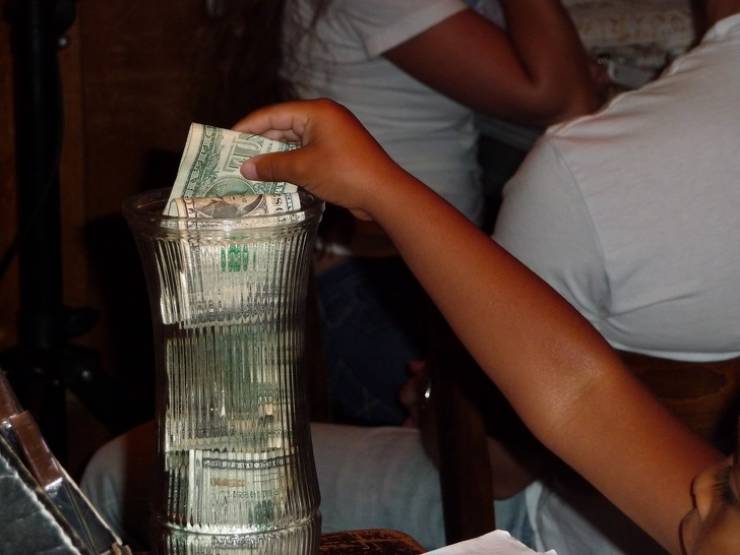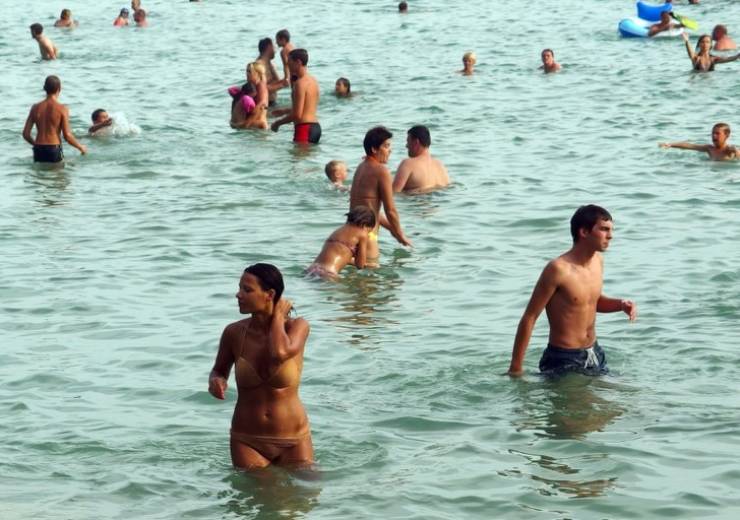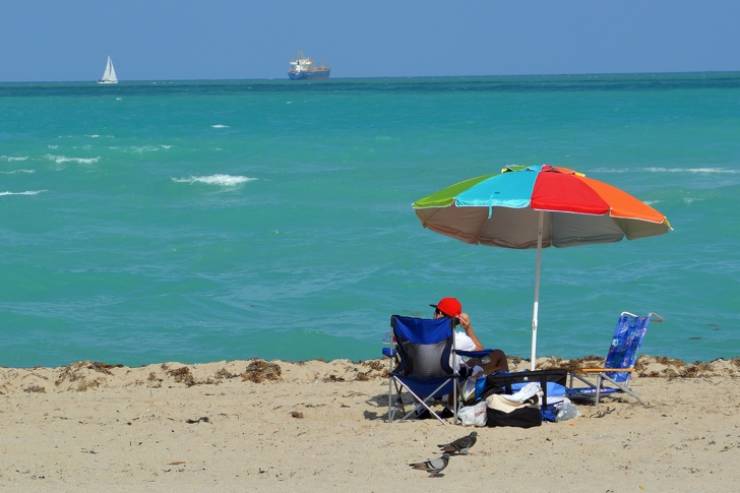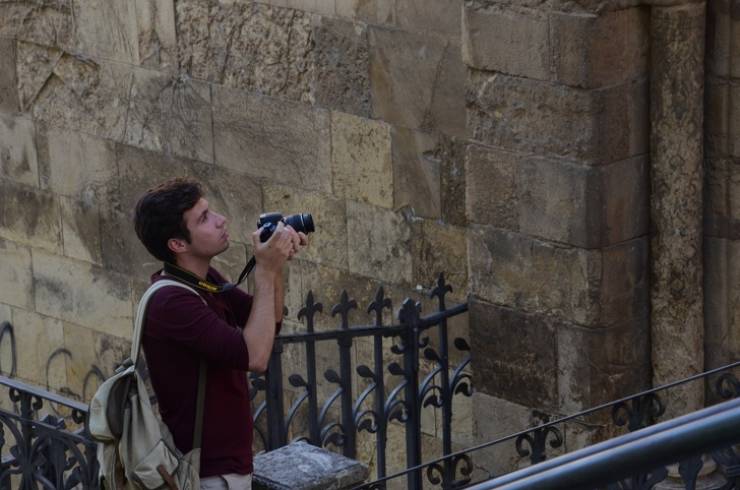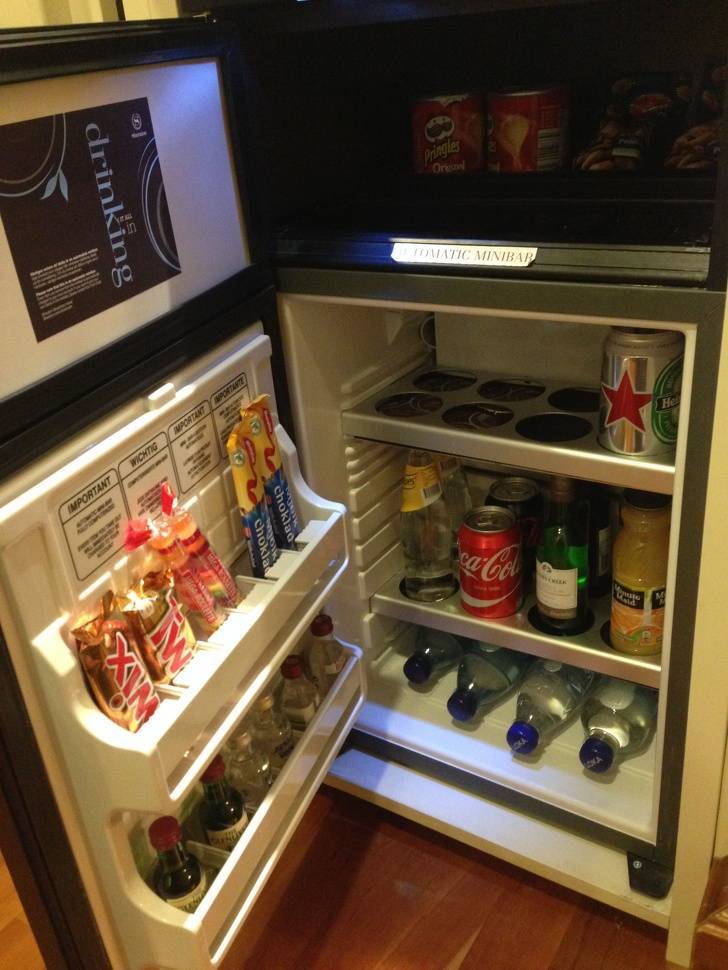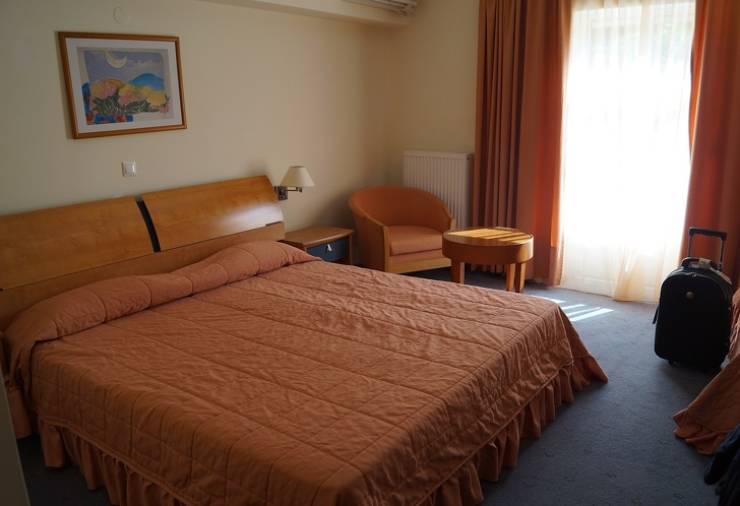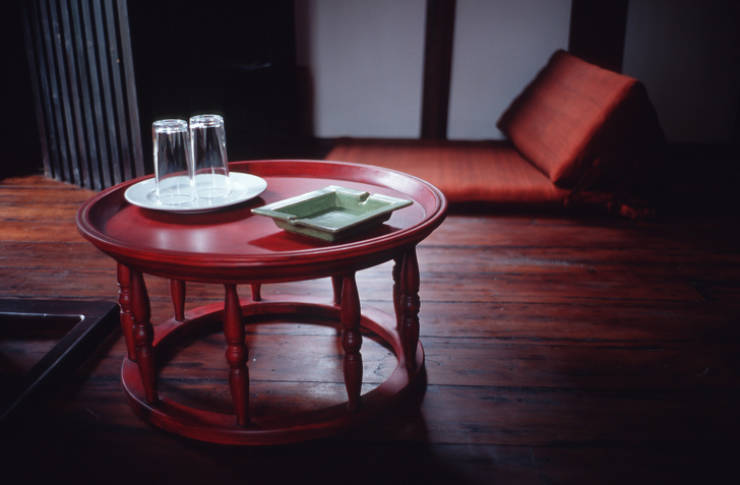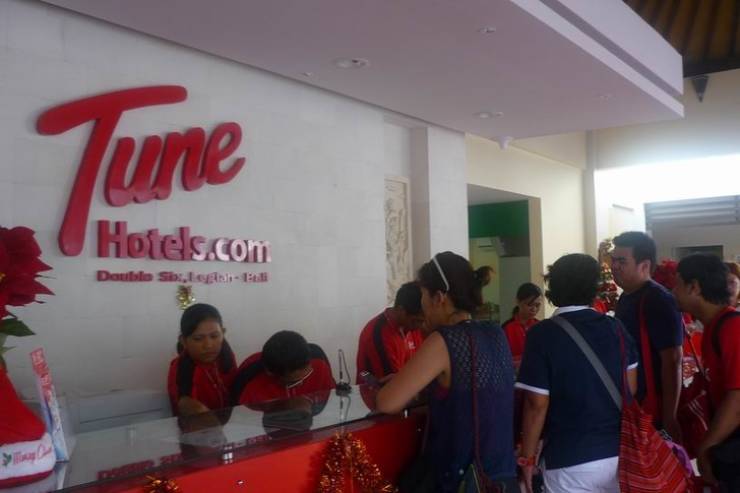Cut vegetables and fruit are a trick that has to do with the appetite.
Tables are often decorated with cut watermelons, pumpkins, cucumbers, and radishes. But carving is not only art but also a way to trick guests. According to a chef that works in a hotel, they make 3 times more carved fruit and vegetables than actual food. All these beautiful foods are located at the very beginning of the tables to attract attention. This way, the guests don’t even notice that they eat less than when there’s no such fruit on the menu.
The buffet has an influence on prices.
All-inclusive hotels are separated into 3 categories: standard Al, medium Al, and high Al. It seems that if there are stars to rate hotels, this system is not needed. But, in fact, every category has its own requirements that can help tourists make a better choice. Additionally, this separation allows hotels to increase their prices if the buffet gets praise from restaurant critics. If the place doesn’t meet the minimum requirements, it may lose its all-inclusive status.
Many hotels skimp on food.
Tables in all-inclusive hotels are full of vegetables and fruit salads. Also, it’s possible to order a delivery of beautifully cut fruit to your room. But quite often, you can find very cheap ingredients decommissioned from the shelves of warehouses and stores. Safety agencies regularly do checks that often show that some hotels buy only expired foods.
Seafood may turn out to be canned.
People that like seafood need to know a “trick” that many chefs in hotels use. In a lot of situations, they use canned foods that get soaked in beer before they are served. This way, they achieve the illusion of freshness.
They may serve shark meat instead of trout.
This happens in cases where even a food critic is not able to tell one type of fish from another. Under the appearance of salmon or trout, you may be served shark meat which is way cheaper and easier to find. Hotel chefs deliberately boil shark meat in salty water in order to blur the taste. So, shark meat can easily be presented as a different kind of fish.
They may not mention the renovation.
Hotels don’t usually let their guests know that they’re having any kind of a renovation, so upon arrival, guests may see an unpleasant surprise. In order to avoid such a situation, you should call the hotel in advance or ask your travel agent to do this.
Discounts may be caused by the vicissitudes of nature.
Quite often, hotels make very good offers during seasons when they have weather problems. There is the so-called “ring of fire” that includes the countries that are most susceptible to earthquakes and volcano eruptions like Indonesia, the Philippines, Japan, and Australia. In all of these countries, there are crisis centers that provide the ministries of tourism with the information about the upcoming dangers.
The trip on the transfer bus may take a while.
If the hotel you chose provides a free transfer from the airport and back, you should ask for details. The thing is, sometimes the bus takes tourists to different hotels on the way. So, the trip that is supposed to take 30 minutes may take several hours because some passengers may also arrive late.
Children’s attractions may cost a lot.
Quite often, advertisements for hotels show various kinds of programs for children and mention the services of babysitters and entertainers. The thing is, they rarely warn parents that these services cost additional money. It’s extremely expensive to keep a child busy for the whole day. Sometimes, the only free service offered is a visit to a waterpark — all other things are extra.
Tips aren’t just a sign of politeness.
The popular tradition of giving tips to workers, be it a porter or a bartender, is not just a nice tradition. The thing is, the staff is rarely paid well, so $5 to $10 can really make a difference.
Water entertainment can be quite expensive.
The colorful online accounts of hotels on social media are full of photos of happy tourists that ride boats, water skis, and surfboards. These different types of entertainment often appear to be free. But in reality, these fun activities are very expensive, especially if you need a coach to guide you. On average, 1 hour can cost anywhere from $50 to $200.
Swimming may be prohibited.
After you enjoy the amazing photos of the beaches on the website of the hotel you like, find out in advance if guests are actually allowed to swim in them. Maybe there are some underwater currents that make it impossible to swim safely. Additionally, the quality of water in all the resorts is checked every year and the beaches are marked with special blue flags if the water is good and a black flag in the opposite case. The latter are often the beaches where tourists leave a lot of trash. Either way, you should definitely find out the status of the beach you’re going to go to.
Resting on the beach may be very expensive.
Many all-inclusive hotels charge additional money for renting lounge chairs, umbrellas, and other “beach” things. It’s quite possible to spend about $20 a day on your daily beach rest.
Learning about local culture may not be affordable.
No matter how friendly different countries may seem to tourists, you may not be able to dive into the authentic environment on your vacation. The thing is, hotels do everything they can to keep guests on their premises. So there’s nothing surprising about the fact that the prices for guided tours are absolutely ridiculous for most guests and they’re left only doing things the hotel offers them.
They skimp on electricity in the rooms.
When you move in, check the power regulator in the fridge. The thing is, foods often go bad because in many hotels, the regulator is set at the minimum level. Electricity is saved this way but foods and drinks remain warm.
It’s better not to lie down on made-up beds.
Once you get into your room, remove the cover from the bed and put it somewhere else. It’s hard to imagine how many people before you laid down on it. Don’t ever lie down on the made-up bed because the cover is just put on top of the clean sheets and washed once a month, and in some hotels, only once every 6 months.
You may see dirty glasses.
Glasses in restaurants and hotel rooms seem clean. But before you move into the room, they might just wipe them and put them back on the shelf. So before you use them, wash them thoroughly.
Disinfection of the rooms doesn’t help with the bugs.
Even the most luxury hotels have this problem: bugs may appear after the previous guests and end up in someone’s luggage. This uncomfortable fact is never told to anyone in order to save their reputation. And if these unpleasant insects have already occupied the hotel premises, it’s really hard to get rid of them. Bugs settle in soft furniture, blankets, and pillows very fast. And even though most hotels have disinfection procedures, they don’t do them very often because leaving all rooms vacant means losing a ton of money.
If you make a direct order, you may lose your room.
Hotels try to get as many direct orders as they can because in this case, they don’t need to pay the fee for each client. But sometimes, when a big group of tourists arrives and the hotel doesn’t have enough free rooms, it’s the direct orders that suffer the most. Of course, in this situation, the hotel would rather cancel a direct order (which is only 1 room) than refuse to take in a whole group.



